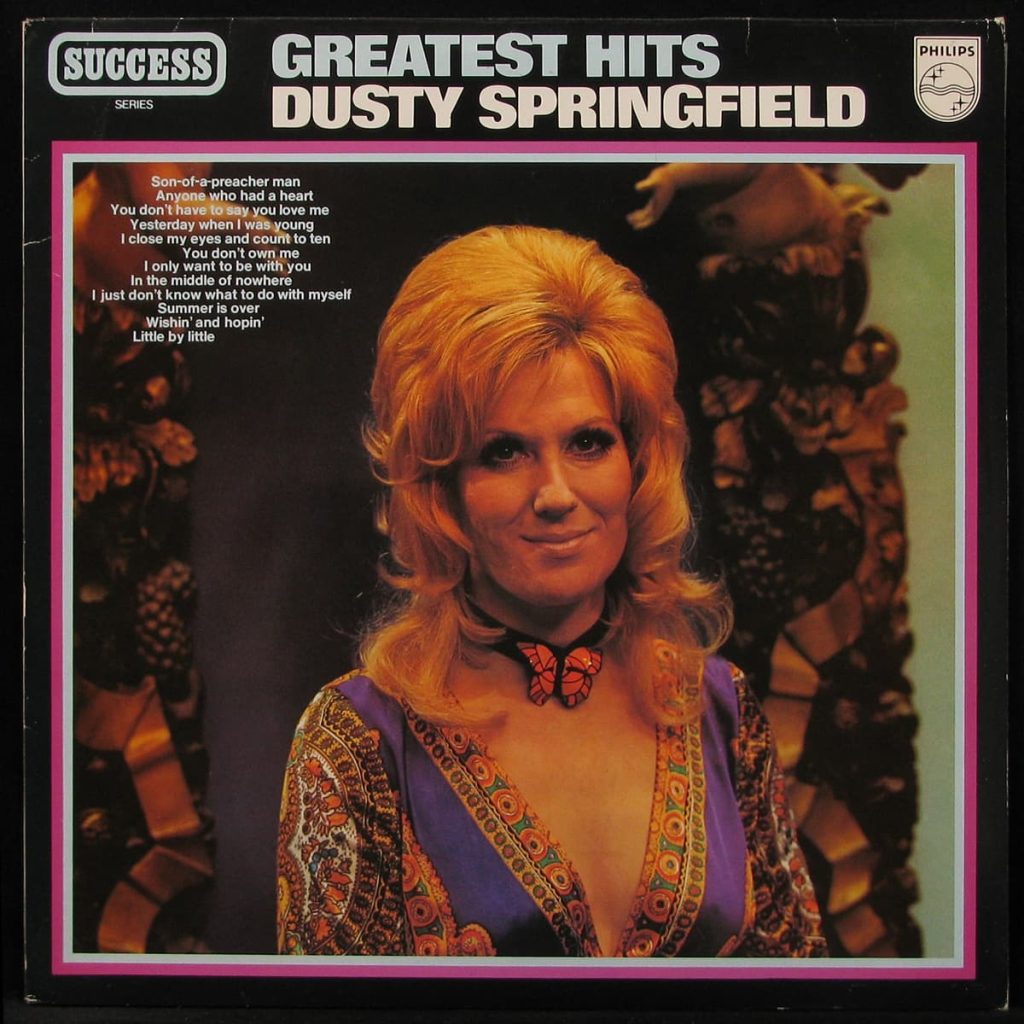
Dusty Springfield – “Son of a Preacher Man”: A Sultry Classic that Defined an Era
Few songs from the late 1960s exude the soulful charm and unforgettable groove quite like “Son of a Preacher Man” by Dusty Springfield. Released in 1968 as part of her critically acclaimed album Dusty in Memphis, this track marked a pivotal moment in Springfield’s career and left an indelible mark on pop and soul music. With its seductive rhythm, compelling narrative, and Springfield’s unmistakable voice, “Son of a Preacher Man” became an instant classic, reaching No. 10 on the Billboard Hot 100 and securing its place as one of the defining songs of the era.
The song tells the story of a young woman reminiscing about her first love—the son of a preacher—who, despite his seemingly pious background, was the only one who could “reach” her, in more ways than one. There’s an undeniable allure in the way the song balances themes of innocence and seduction, with the preacher’s son embodying both morality and temptation. The narrative unfolds with a sense of nostalgia and warmth, as Springfield’s character remembers those fleeting moments of young passion, made all the more thrilling by the forbidden nature of their connection.
Dusty Springfield’s performance on this track is nothing short of masterful. Her voice, with its rich texture and emotional depth, perfectly conveys the song’s blend of desire, longing, and fond reflection. Springfield’s signature vocal delivery—smooth, sultry, and effortlessly controlled—lends an air of sophistication to a song that is, at its core, a tale of youthful indiscretion. It’s this complexity that has allowed “Son of a Preacher Man” to endure, resonating with generations of listeners who can relate to the intoxicating mix of innocence and experience.
Musically, the track is a showcase of the Southern soul sound that Springfield sought to capture on Dusty in Memphis. From the opening riff of the guitar to the smooth, rolling bassline, the arrangement is the perfect backdrop for Springfield’s vocals. The horn section adds a touch of warmth and richness, while the backing vocals create a sense of depth and soulfulness, grounding the song in its Memphis roots. Produced by Jerry Wexler, one of the architects of soul music, the track benefited from the authenticity and talent of some of the most respected musicians in the genre.
One of the most notable aspects of “Son of a Preacher Man” is its crossover appeal. While rooted in the soul and R&B traditions of the American South, the song’s universal themes and Dusty Springfield’s British background made it accessible to a global audience. It was a rare blend of styles, one that fused the raw emotion of Southern soul with the polished pop sensibilities that Springfield had honed throughout her career. This unique combination helped the song become a major hit in both the UK, where it peaked at No. 9, and the US, where it cracked the top ten.
The song’s success wasn’t just a commercial achievement—it also cemented Springfield’s reputation as an artist capable of transcending genres. Known for her earlier pop hits in the UK, such as “I Only Want to Be with You”, Springfield’s foray into soul music with Dusty in Memphis marked a bold artistic evolution. “Son of a Preacher Man” became the album’s standout track, earning Springfield critical praise and introducing her to a new audience that appreciated her versatility and vocal prowess.
In the decades since its release, “Son of a Preacher Man” has continued to capture the imagination of listeners and filmmakers alike. Its revival in Quentin Tarantino’s 1994 film Pulp Fiction reintroduced the song to a younger generation, solidifying its place in pop culture history. Its enduring appeal can be attributed not only to its infectious melody and soulful arrangement but also to the timeless nature of its story—a story of forbidden love, youthful desire, and the bittersweet memories that come with growing up.
Dusty Springfield’s “Son of a Preacher Man” is more than just a hit single from the late 1960s; it’s a cultural touchstone that has left an indelible imprint on music and popular culture. It’s a song that captures the essence of a moment—both personal and cultural—when innocence meets experience, and when the power of soul music was at its height. Whether it’s Springfield’s intoxicating vocals, the rich instrumentation, or the evocative narrative, “Son of a Preacher Man” remains a quintessential track of its era, as captivating and resonant today as it was over fifty years ago.